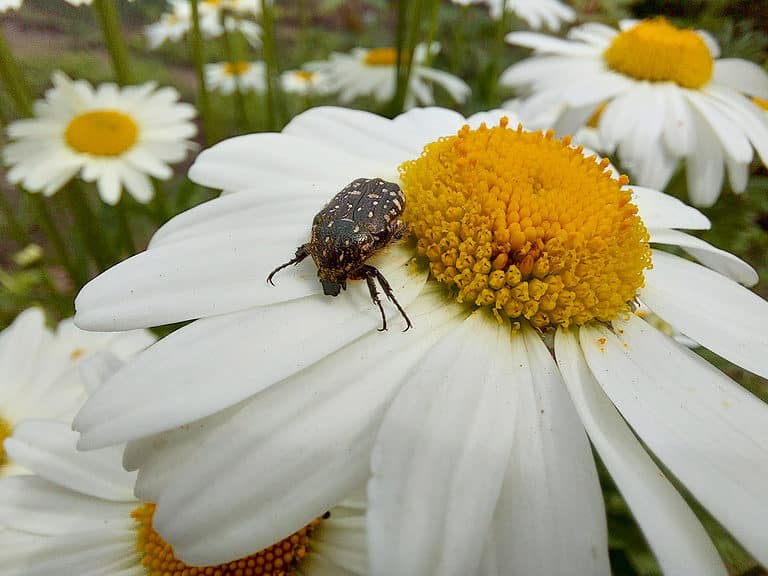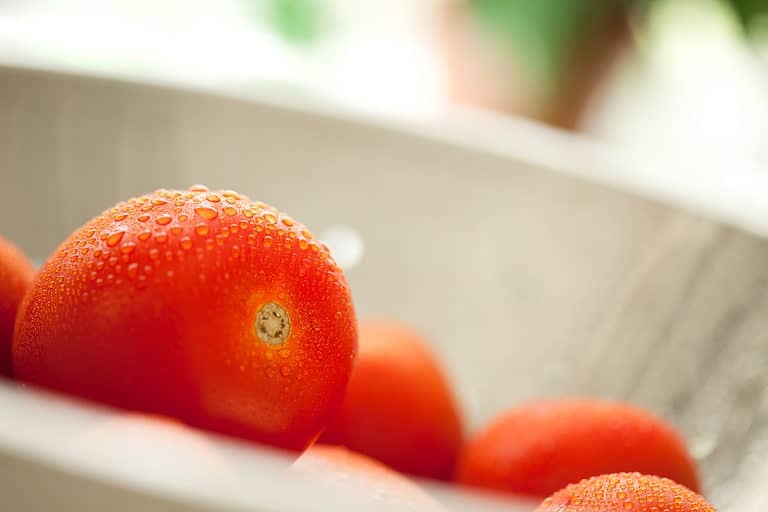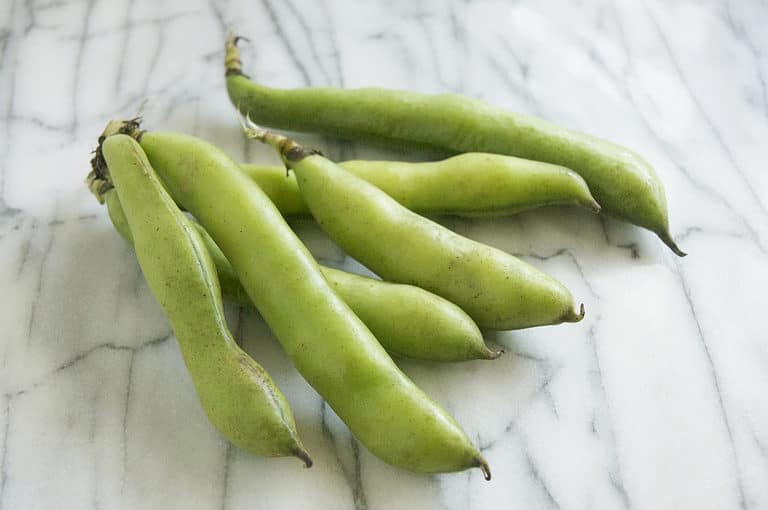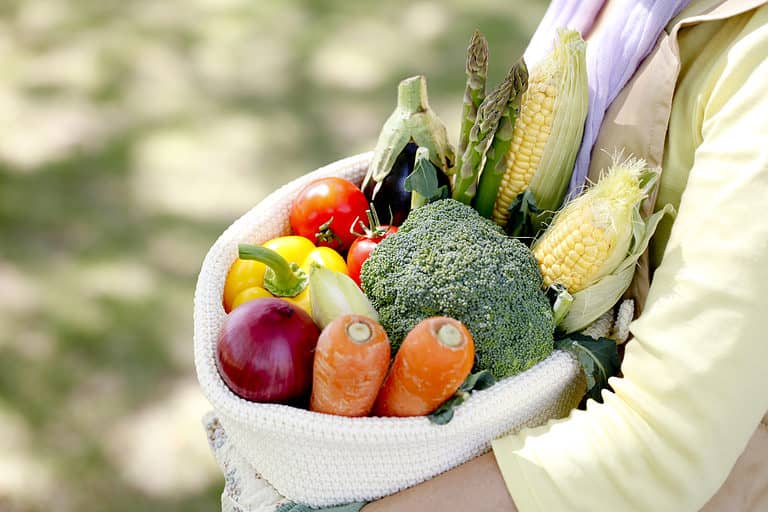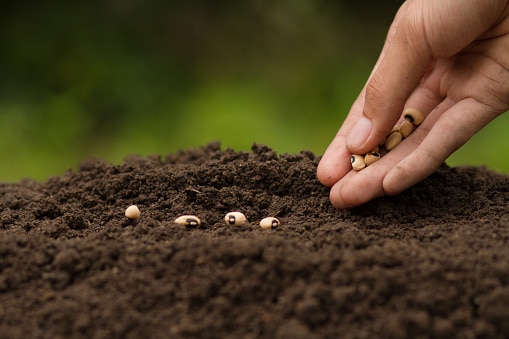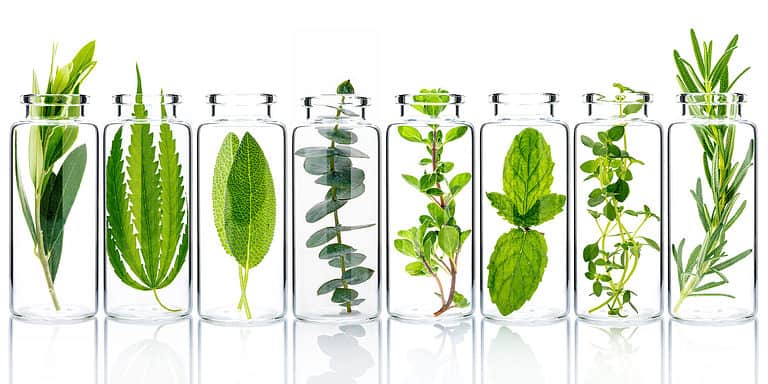Fertilize Your Garden The Organic Way
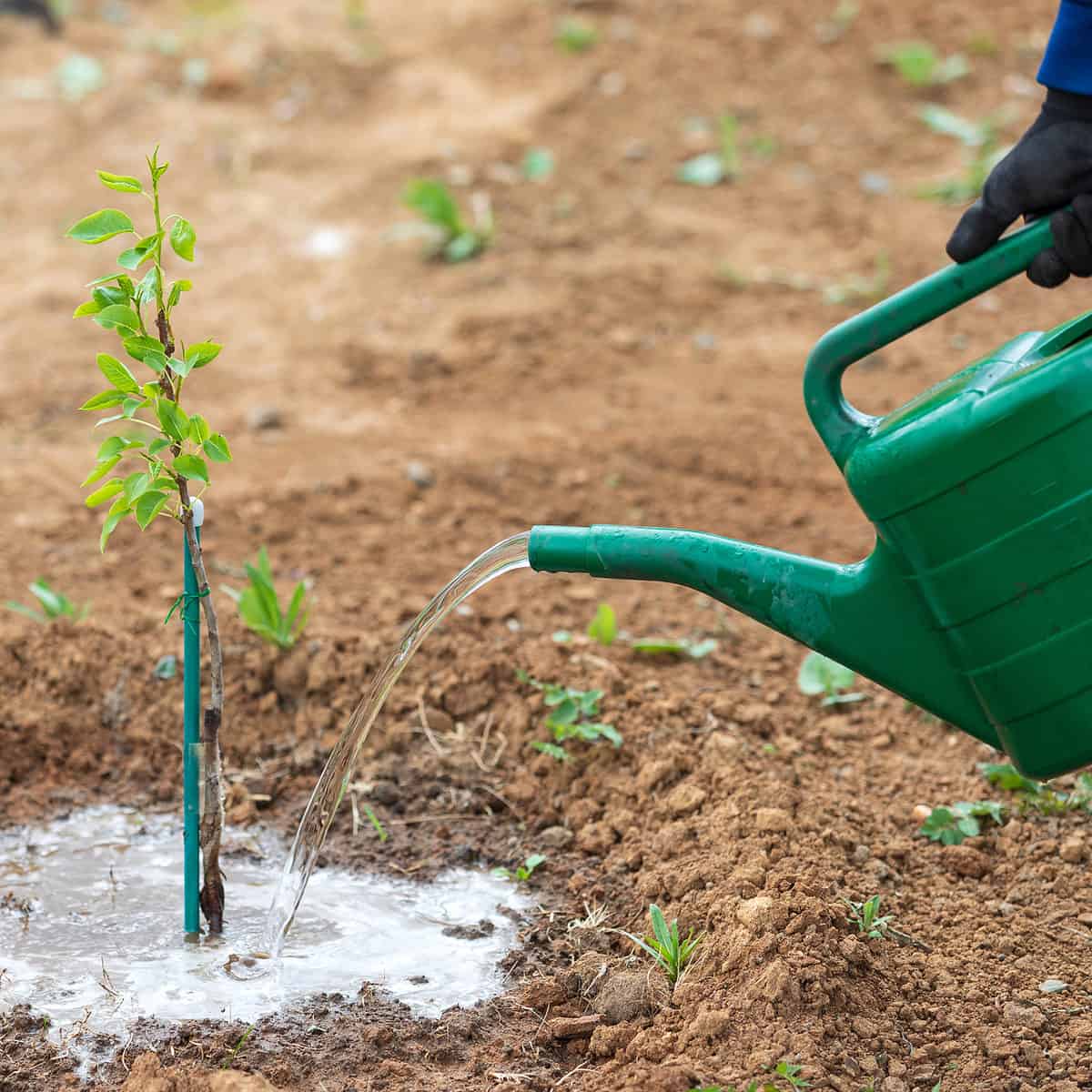
Organic gardening is a popular and sustainable way to grow fruits, vegetables, and other plants. One key aspect of organic gardening is the use of natural fertilizers, as opposed to synthetic chemical fertilizers, to nourish and support plant growth. In this blog, we will explore how to fertilize organically in details.
How to Fertilize Organically
1. Composting
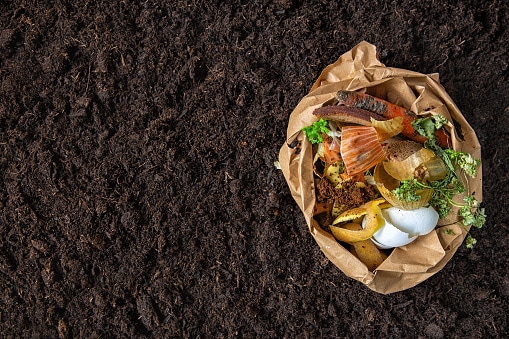
Composting is the process of breaking down organic matter, such as food scraps and yard waste, into a nutrient-rich soil amendment. It is an excellent way to fertilize an organic garden because it provides a variety of nutrients. Some of which include nitrogen, phosphorous, and potassium, as well as beneficial microorganisms that can improve soil health. To compost, you can either start a compost bin or pile in your backyard, or you can use a composting service in your area.
2. Manure
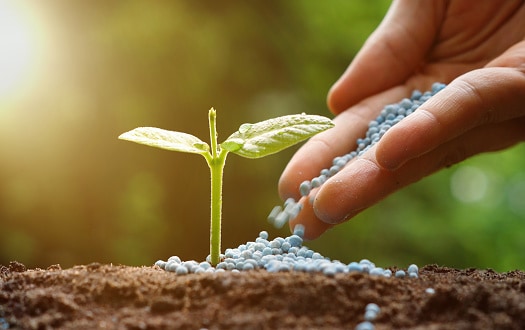
Manure is another natural fertilizer that is rich in nutrients, including nitrogen, phosphorous, and potassium. It is also high in organic matter, which helps improve soil structure and water-holding capacity. However, it is important to use well-aged manure, as fresh manure can contain harmful bacteria and may burn plants. You can get manure from a local farm or through a gardening supply store.
3. Plant-Based Fertilizers
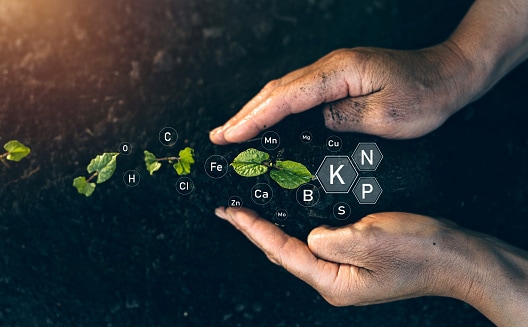
There are also a variety of plant-based fertilizers that can be used to nourish an organic garden. Some examples include:
- Green manures: Green manures are plants that are grown specifically to be turned into the soil to add organic matter and nutrients. Examples include clover, beans, and alfalfa.
- Alfalfa meal: Alfalfa meal is a byproduct of the production of alfalfa hay and is high in nitrogen, phosphorous, and other micronutrients. You can apply them to the soil as a fertilizer or use them as a mulch.
- Bone meal: Ground-up animal bones are high in phosphorous and they are the major constituents of a bone meal. This makes it particularly useful for promoting strong root growth in plants.
4. Fish Emulsion
Fish emulsion is a liquid fertilizer made from fish waste, such as the heads, bones, and other parts that are not used for human consumption. It is high in nitrogen and other micronutrients. This makes it a good choice for leafy green vegetables and other plants that benefit from extra nitrogen. You can apply fish emulsion to the soil as a foliar spray or as a soil drench.
How to Fertilize Organically – Conclusion
In conclusion, there are many different ways to fertilize an organic garden, including composting, using manure, plant-based fertilizers, and fish emulsion. By using natural fertilizers, you can nourish your plants and improve soil health while avoiding synthetic chemicals.

